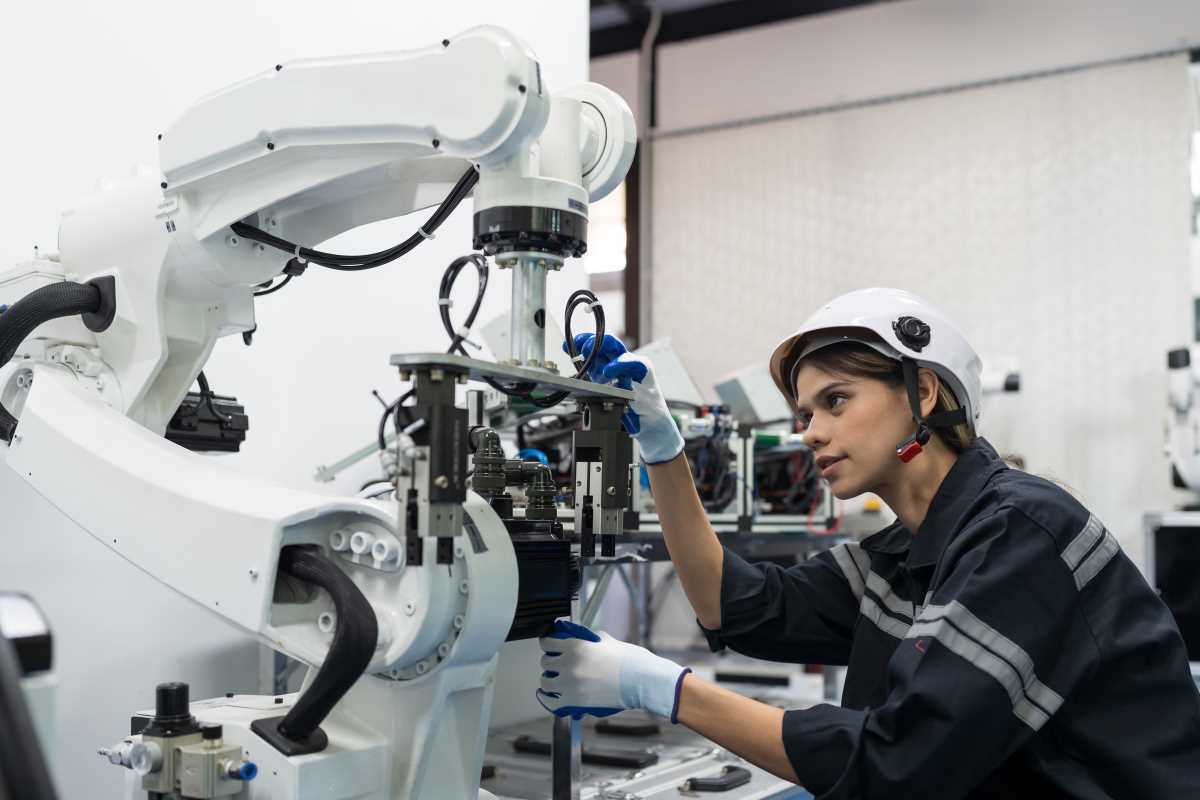Robots used to be just a part of movies and books, but now they’re part of daily life. Machines build cars, assist in surgeries, and help rescue people during disasters. Those eager to design breakthrough inventions, or work with intelligent machines, need to make smart choices about higher education. Picking the right school can help you gain technical know-how, valuable project experience, and industry contacts. We'll break down what to look for in a robotics-focused college and shares advice to get on the path toward an exciting future. By the end, you’ll understand what sets apart certain academic programs, which resources provide the greatest value, and how to maximize opportunities in this rapidly changing field.
What to Look for in a Robotics College
Programs with a focus on automation and intelligent machines aren’t all the same. Deciding where to apply means looking past shiny ads and considering specific features that fit your ambitions. Concentrate on these core areas during your research.
1. Dynamic Engineering Departments
Launching a career in robotics requires a strong grasp of mechanical, electrical, computer, and systems engineering. Schools with well-established departments in these areas tend to offer robust facilities, faculty with real-world expertise, and more chances to get involved in research. Some universities even allow you to focus your studies in automation or take relevant elective courses.
Highly regarded institutions such as MIT and Carnegie Mellon set the standard, but there are many colleges with strong offerings in this specialty.
2. Practical Experience and Hands-On Work
Solving mechanical or programming challenges happens out in the field, not just in the classroom. Seek out programs with well-equipped labs, active clubs, and activities like FIRST Robotics or RoboCup. The chance to build prototypes using 3D printers, circuit boards, or custom kits gives you a head start.
Internships and job placement programs also help. Universities with close ties to tech businesses and research centers make it much easier to gain on-the-job experience before graduation.
3. Interdisciplinary Approach
Working in intelligent automation involves more than engineering alone. Great programs blend computer science, engineering, ethics, and sometimes human factors. Taking courses in artificial intelligence, control systems, and data analysis prepares you for creative problem-solving. Some institutions even let you explore connections to biomedical or aerospace technology, opening up extra career paths.
4. Research and Innovation Culture
Progress in automation comes from new ideas and problem-solving projects. Schools that invest in research centers or special labs allow undergraduates to work on meaningful challenges. Getting involved in these activities can build your skills and help your future applications stand out.
Prominent examples include Stanford’s specialized labs and Georgia Tech’s Institute for Robotics and Intelligent Machines. Don’t rule out smaller colleges because they often offer undergraduates valuable research experiences as well.
5. Industry Relationships
Successful careers in automation depend heavily on collaboration with companies and government agencies. Institutions with strong ties to organizations such as Boston Dynamics, NASA, or Tesla can unlock internships, mentoring, and jobs. College locations in or near innovation hubs like Silicon Valley or Boston often offer a natural advantage.
6. Recognition and Distinctions
Although rankings should not be your only guide, they shed some light on where programs stand nationally. Institutions mentioned in lists of leading automation programs, or recognized for having faculty who have made key advances in the field, are usually worth a closer look. Graduating from a well-known school can give your resume a boost.
Finding a Personal Fit
Beyond academics, you want a place where you’ll be challenged and supported. Here’s how to narrow your choices.
Class Size and Professor Access
Some students thrive in smaller classes, which allow for mentoring and active participation. Colleges with a low student-to-faculty ratio often make it easier to connect with mentors and get hands-on help.
Location and Resources
Think about being close to companies or government labs, as this proximity often makes internships and networking easier. Schools with modern fabrication spaces and fully equipped engineering labs offer extra opportunities to learn outside the classroom.
Extracurricular Activities and Community
Look for student-run clubs, hackathons, or design contests. Getting involved in these groups will help you practice your skills, collaborate with others, and build a broader network.
Financial Considerations
Advanced programs sometimes come with high costs. Exploring financial aid, scholarships, and paid research opportunities can make attendance more affordable. Public universities may offer impressive resources at a lower cost, especially for in-state residents.
Career Interests
Not all automation careers are the same. Some are drawn to medical device design, others to space robotics or home automation. Choose a college whose faculty, labs, or industry partners support your particular interests.
Standout Colleges for Robotics and Automation
1. Carnegie Mellon University
Based in Pittsburgh, this university offers tremendous opportunities through its Robotics Institute, renowned for work on autonomous systems and intelligent machines. Students get experience on real projects, preparing them for important roles after graduation.
2. Massachusetts Institute of Technology (MIT)
Famous for leadership in science and technology, MIT pairs advanced research with practical application. Undergraduates often collaborate directly with professors or graduate students, resulting in hands-on experience beyond textbooks.
3. Stanford University
Stanford’s combination of technical expertise and a culture of startup innovation draws those interested in the future of robotics, especially in entrepreneurial settings. Close ties to Silicon Valley make internships and networking easier.
4. Georgia Institute of Technology
Known for excellent value and rigorous programs, Georgia Tech’s strong industry network and hands-on approach prepare graduates to enter many types of automation fields.
5. University of Michigan
The Michigan Robotics Institute is home to diverse research teams and labs tackling social and industrial applications. Opportunities abound for those excited about building the future with technology.
Other Notable Institutions
Good options also include University of Illinois Urbana-Champaign, University of California Berkeley, and Purdue University, all of which offer students a solid foundation and opportunities.
Choosing the best place to study automation and intelligent systems means factoring in the strengths of a program and your own goals. Look for personal fit, quality instruction, and strong support for hands-on learning. Research schools thoroughly, ask questions, and reach out to current students. Taking the time to find the right academic environment is a key step toward a rewarding and successful future in the world of robotics.
 (Image via
(Image via





